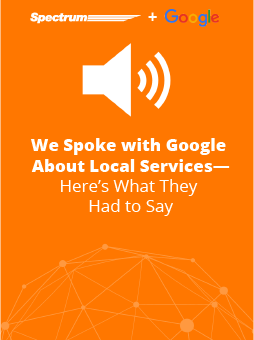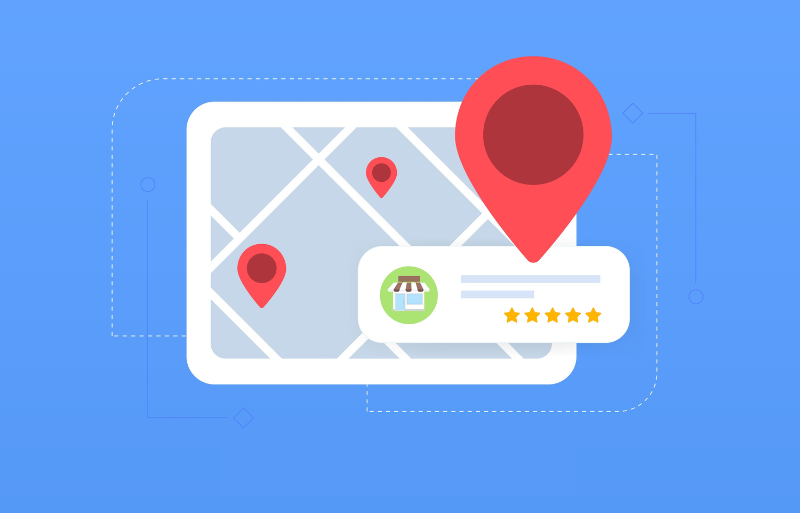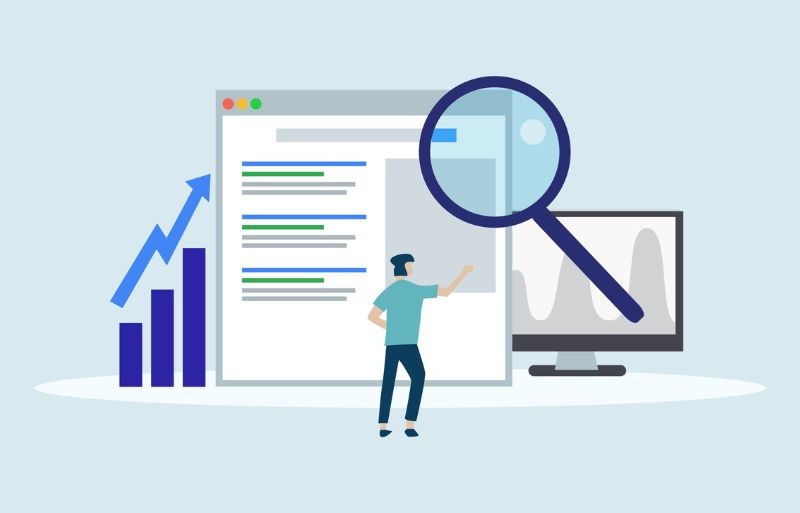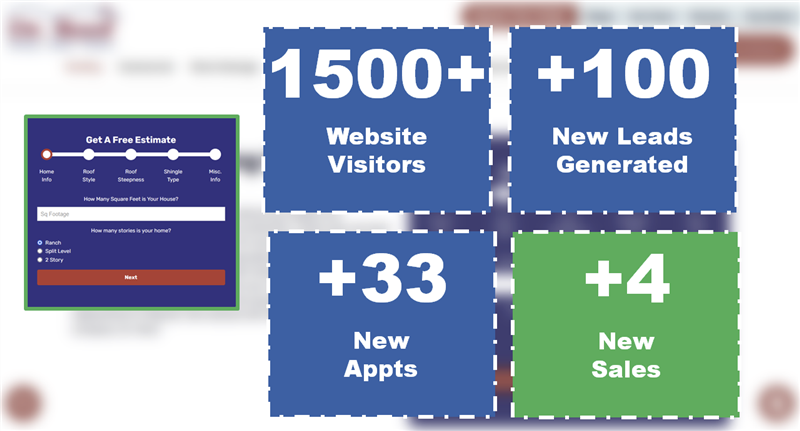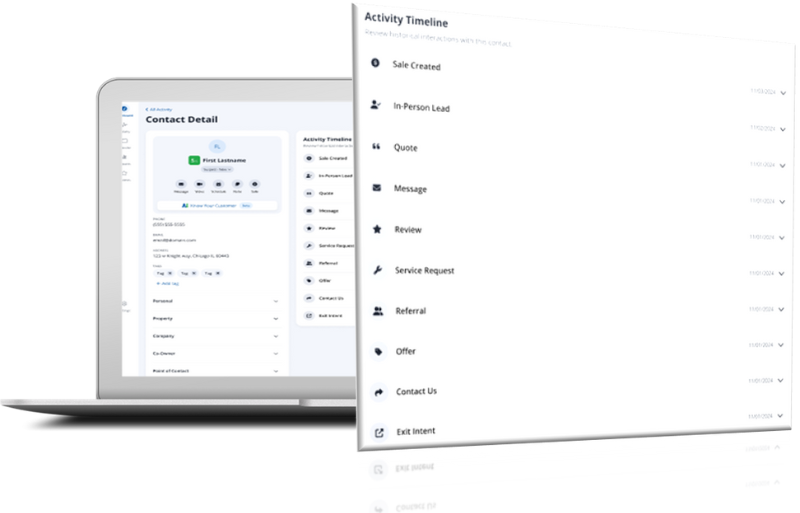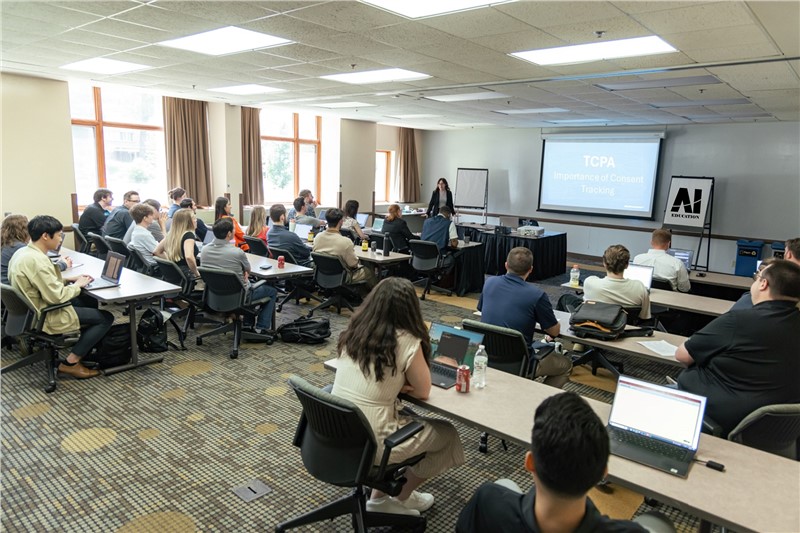We Spoke with Google About Local Services—Here’s What They Had to Say
Recently we hosted a webinar on Local Services by Google (formerly Google Home Services) and spoke directly with two Google representatives about some of your most burning questions on the pay-per-lead ad program. They had great insight on how disputed leads are handled, the future of the program, and why it’s driving success for many home service companies.
Listen by downloading the audio file at the bottom, or read the whole interview below!
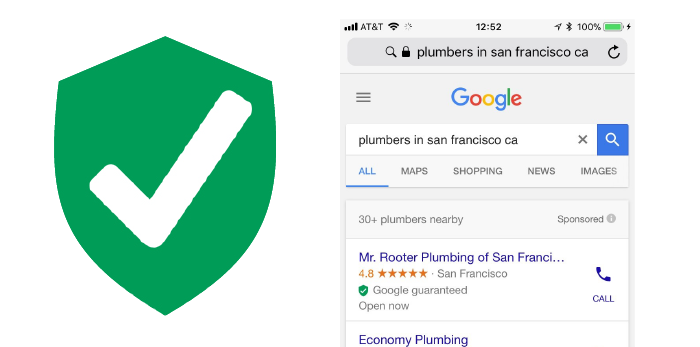
Local Services Insight Straight from Google
Julia Meter (Google Rep): Hey Everyone, this is Julia Meter from Google, and I’ve got Wesley from the Local Services team on as well. I apologize for the tardiness, but ready to answer some questions.
Adam Barret (Spectrum Account Services Manager): Alright awesome, well let’s go ahead and get started here. The first question that’s come through that’s been pretty popular so far has been, “Can people use the Google badge on their website as well?” And I believe they’re referring to the Google Guaranteed badge.
Wesley (Local Services by Google Rep): Yeah, so I could speak a little to that. This is Wesley, and I’m over here on the product team at Local Services, and unfortunately not, not at this point can users or participants use the Google Guaranteed badge on their website.
Adam: Ok that makes sense, makes sense.
Wesley: I mean we have marketing working on a few things, but as of now, yeah, this is soley for use on our platform.
Adam: Ok perfect. Just to kind of elaborate and build on that question a bit, do you know if businesses are able to mention that they are Google Guaranteed, off the platform, like on their website and things like that, or is that exclusive to the Local Services platform?
Wesley: Yeah, unfortunately that’s solely exclusive to the Local Services platform. The thing is, from a risk standpoint, we would like to contain all communication regarding Local Services and Google Guaranteed and assets—meaning marketing materials, badges, that sort of thing—only for our platform. So any sort of external use is not best practice.
Adam: Ok, that makes sense. Excellent. From your own viewpoint, building on top of that badge, for people that are using the Local Service ads, how do you see that impacting the likelihood of people selecting them as a business, as opposed to say someone that does not have the Google Guaranteed badge?
Wesley: Yeah, to be honest, it’s huge. So, a big use by consumers of the local services platform, is that “oh crap” moment, if you know what I’m saying, so if something is going wrong with your electricity, or something plumbing wise is going wrong, that sorta thing, they need a service professional now. So what they do is they go on their phone, they go on a computer, let’s say they search electrician, they see our ad unit pop upright front and center, and they see that this service professional is screened, has gone through the screening process, they see the ratings there, and they also see that Google Guaranteed badge, and it’s a huge selling point for these customers to book services by that service professional, right then and there.
Adam: Alright awesome. Next question that came through here—I’m not sure how much you’re going to be able to answer, but as far as will Google be adding additional services in the future…
Wesley: Different verticals, you’re speaking to?
Adam: Yeah, for example, you know, maybe like roofing, or different services in different verticals.
Wesley: Yeah, definitely. We’re constantly evaluating the verticals that we are targeting, that we are servicing on our platform. I can’t speak to anything specifically in regards to the specific verticals, nor can I speak to any future geo roll outs, but I can tell you that we are evaluating different verticals in different cities.
Adam: Ok, but would you say it’s a pretty safe bet that it’s going to continue to grow and expand over time? Be a little more diversified?
Wesley: Yes, 100%. You know, it’s kind of case-in-point with our rebranding and our name change from Home Service Ads to Local Services, and you know this platform has been a huge hit. We’ve had a significant response to this platform, which has been great, so definitely we’re evaluating all that.
Adam: Alright awesome. This is one of the things I was talking about a little earlier, but a question just came in about it. How will Google verify a disputed lead?
Wesley: Yeah, and that’s definitely a good question. So we have a team here internally, and at the moment, to be honest, to set expectations, it’s a bit manual. So we do have a team here that’s been verifying all leads if one is disputed. Basically what happens is you would go on your dashboard or the agency that’s managing the campaign would go to the dashboard and go ahead and dispute that lead, and once that’s disputed, it will shoot notes over to our team, and our team would go ahead and review the call because all calls are recorded, and they’ll assess the call and see if it meets the requirements for that call to be disputed, and obviously the advertiser would be refunded.
Adam: That seems fairly reasonable. Would you say that the turnaround time on disputes are relatively quick, are they kind of drawn out?
Wesley: I would say they’re a bit, um…You know, you shouldn’t expect this dispute to be turned around in a couple days, I would say in about a week’s time, maybe a bit longer, but you can rest assured that our team definitely is reviewing all disputed leads and should there be any sort of lead that comes through that is invalid, you will be refunded.
Adam: Oh, awesome. Again, kind of building on that question, as for the refund, is that something that is done as a credit to your account or is it back to your credit card?
Wesley: It’s in the form of credit back to the account, that is correct.
Adam: Oh, ok, awesome. Alright, another question we had come through here a couple times is, “How do you know if a missed call was an appropriate call or lead?”
Wesley: Yeah, that’s a very good question. So when a potential customer calls via our platform, you won’t necessarily know that that missed call is a bona fide lead unless they leave a message. You can by all means call back, in which case, if that person is a potential customer, you will be charged for that call back, but if you end up calling back, and that number isn’t valid, you can always file a dispute for that lead.
Adam: Ok! And the important thing I think you mentioned there was you said that when you call back, if it is a lead, that is one you’re charged, but if you have a missed call that is no message, and you don’t call back, you’re not charged that, correct?
Wesley: That is correct, you will not be charged if you miss a call and do not return the call.
Adam: Alright, excellent. I think that will put a lot of ease of mind in a lot of the business owners out there.
Wesley: Yeah, yeah, definitely, and the whole process of Local Services is not to nickel and dime the participants of the platform. We’re really looking for this to work and really, you know, pushing for a great experience, so you know, rest assured that we’re working with you guys, and we’re not out here to make a dime off of a call that you return and it happens to be GEICO, you know, if there is an invalid lead, we will refund the money back.
Adam: Alright awesome. Next question that we have that came through— “We have used HomeAdvisor. What’s different with the program than what HomeAdvisor offers?”
Wesley: Sorry, you cut out a bit, so you’re looking to see the differences between our platform and HomeAdvisor?
Adam: Correct, that was the gist of the question.
Wesley: Gotchya, um, I can’t speak too much for HomeAdvisor. Obviously the main difference here is that our platform appears on search results, whereas, and you know, it appears at the very top of search results, so let’s say that someone is looking for a plumber in San Francisco, they type in plumber or some sort of search term or string of terms that warrants wanting a plumber or needing a plumber—our ad unit will appear above all search results, so that also includes AdWords and HomeAdvisor. So when someone is looking for your services, and you’re a part of this platform, they’ll see your ad unit ahead of HomeAdvisor. Now also, I think a difference, and you can correct me if I’m wrong, but I believe HomeAdvisor is almost like a bit of a bidding system, is that correct?
Adam: Um, it’s not necessarily a bidding system, no, it’s a similar kind of pay-per-lead service.
Wesley: Ok, um, so yeah, speaking more toward our ad unit, our ad unit definitely does appear ahead of all search results, and that’s huge. When someone is looking for a service professional, they want someone right now, they’ll see you ahead of everything. Ahead of HomeAdvisor as well.
Ty King (CEO of Spectrum): This is Ty, Wesley, just to confirm, this is not replacing AdWords, this is in addition to AdWords. It’s another position on the results page, so it’s a complement to AdWords. You want to elaborate on that, Wesley?
Wesley: Yeah, and I think Julia could chime in on that as well, she’s more part of the AdWords team, but you could essentially look at Local Services and AdWords as part of your marketing mix. So you have different marketing ventures and advertising that serve different purposes, so when you’re talking about a CPL campaign versus a CPC campaign, obviously there are differences, but campaigns of both natures should definitely be running in tandem. And Julia, if you want to elaborate, you know, definitely you can chime in.
Julia: Yeah, absolutely, I think you hit the nail right on the head, this is definitely an excellent service for our partners to use, and a really good opportunity for you to get those leads at the cost that you want, however the AdWords platform allows you to serve that complementary message and to be able to reach a winder set of customers in a different part of your media mix. So when we’ve seen it perform best for our clients is when the two have been used in tandem.
Adam: Alright awesome, we’ll go ahead—and we’re running out of time a little bit, so we do have time for a few more quick questions here, so the next one that we have here is, “How is the cost per lead determined?”
Wesley: So the actual CPL rate of a specific vertical and geo? Is that kind of the question?
Adam: Yeah, so how is it determined? We know that it does vary by industry and market—are those the only two variables that kind of go into it? We don’t have to get into the specifics here because we know that it does vary by market, but they kinda just want to have an idea of how it’s determined.
Wesley:eah, unfortunately I can’t go too much into how the price point per lead is established or determined, but things like cost of living, things like CPC rate (basically what the going rate is on the AdWords side), different factors all kind of play a part to determine that cost per lead rate.
Adam: Ok awesome. And whatever the rate is in one market, then it would be a pretty safe assumption that it would likely, or it could be different in a different market then, correct?
Wesley: Yes, that is correct, definitely varies by geo, meaning different area, and also vertical, so plumber, electrician, HVAC, that sort of thing, it all varies.
Adam: Ok, awesome. And then we’ll probably wrap up with one last question here. And this is a great, great question here as well— “How many providers will appear in the search results?”
Wesley: Yeah, so it depends on what kind of device you’re looking at. If you’re looking at a computer, it will vary from how it looks on a mobile device. On a mobile device, we have a different sort of interface that you can kind of interact with, but it’s safe to say that about 3-4 providers will appear. And this is definitely changing so it could be the case, it could not be the case, but as of now, as it stands right now, we’re looking at 3-4 providers that appear. And the order at which they appear has nothing to do with outbidding the other guy. So this is very much a merit-based platform, so it depends on a few things. I’m sure that you’ve already hit on these things previously, but things like job title, things like responsiveness, things like just general vicinity (right, so if you’re within the vicinity or the service of that vicinity), that’s how the top 3-4 service providers will trigger ahead of the other participants on this platform.
Adam: Oh, ok, very interesting, and again, I guess that kind of goes in tandem with making sure they’re trying to give the searchers their best options, the best companies first.
Wesley: Exactly, and then also, what’s more, is you can also click into the ad units. So if you’re on a desktop computer or a mobile device, if you look up, let’s say plumbers in San Francisco, you can go ahead and hit enter, and you’ll see our ad unit trigger. Right now I’m on a desktop computer and I’m looking at three results, and so if I hit under that— “more results”— I can see a complete listing of participants on the platform to which I could definitely call down the line. It kind of features a more comprehensive listing of let’s say plumbers in San Francisco.
Adam: Excellent, excellent. Well I think that’s all that we have time for today, I’ll go ahead and turn things back over to Ty here for kinda wrapping things up!
Ty: Thank you Adam, thank you Wesley and Julia. We’ve had an excellent turn out today, we really appreciate everyone’s time. I’m sorry that we weren’t able to get to all of your questions. We have many Spectrum customers as well as many Spectrum guests on this webinar today. Your Spectrum account service member or account manager or Spectrum representative will do our best to reach out to you specifically to answer individual questions that you have. I know that Local Services by Google is not available in every market and in every vertical. So what we’re going to do is reach out to you specifically and try to answer your questions relative to pricing and availability in your market and geography. Again, thank you for participating, we really appreciate your time today.
